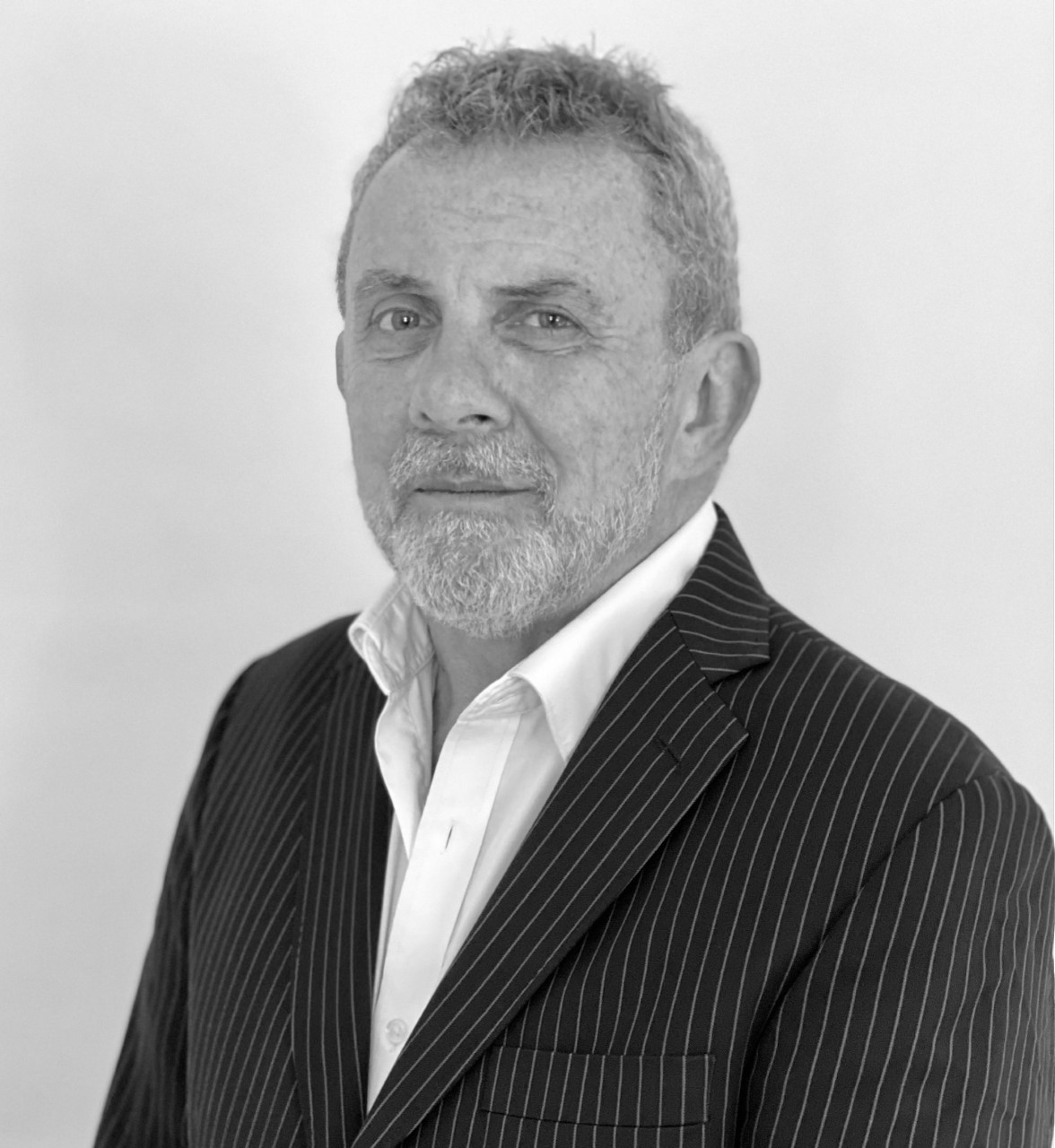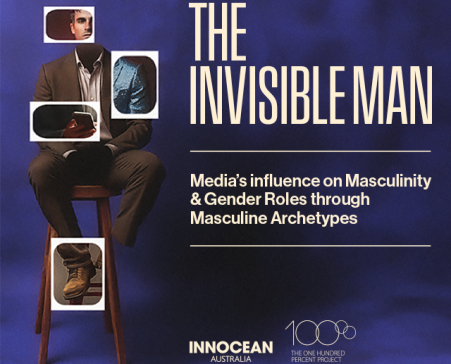Diversity of Thought Blog
Adaptive leadership – the antithesis of ‘just getting on with things’ – David Turnbull, Co-Chair, The 100% Project

We’re mid-way through the year. International Women’s Day (IWD) came and went, again. We’re getting on with things. We always do, regardless. However, this year I think that, for many of us, ‘getting on with things’ means much more than that. We’ve come through a pandemic, at least in terms of lockdowns and vaccinations, dealt with horrendous floods and bushfires, all of which have so much recovery work going on that we might not be fully aware of the long term consequences, especially for those directly affected. Work that could take years to complete; perhaps never for some people who will be dealing with the mental anguish of all this. We shouldn’t make light of this or forget the trauma caused by what has happened. But then the news changes to more daily occurrences. We fall into line and get on with things. And so it goes on.
It’s good to reflect mid-way through a year on what has been achieved, personal or business. Recent media reports I’ve seen of CEO thoughts for 2023 indicate pretty much the same issues that all CEOs will be losing sleep over, with the added tensions over climate change and related environment, sustainability and governance (ESG) issues, inflation, interest rates, rising costs, energy security, macro-economic complexities brought about due to the war in Ukraine, managing the relationship with China, and what globalisation means today in terms of supply chain management. All in a CEO’s day’s work I hear you say. And so it goes on.
‘And so it goes on’ is simplistic and my concern is that, while CEOs are dealing with the day-to-day challenges, gender equality issues we have been wrestling with for too long will get pushed down – or even off – the leadership team and/or board-room agenda (we’re ‘just getting on with that’, aren’t we?). I hope not. If anything, the Covid pandemic has brought to the fore our wellbeing and how we would like to work more flexibly. It has shone a brighter light on gender roles and the so-called gender norms and stereotypes by which we still live. We have seen a raft of media posts from businesses putting in place new or updated parental leave terms and conditions. I suspect this is a coincidence of the Covid pandemic because, as we know, the fight for equality on parental leave has been decades long.
The 100% Project research on this entitled ‘Breaking Dad‘, which looks at psychological safety in the workplace for men, has been met with excellent reviews. Our podcast with Justin Untersteiner, COO at AFCA highlights the need for and benefits of gender equality and workplace equality and flexibility.
There may be push-back in some quarters on this, some of which is centred around views about company culture. Much of this may depend on the type of leader in question. A new leader to an organisation in which I worked some years ago recognised that the culture needed changing in many ways. The call went out to ‘just do it’; to change what needed changing to ensure we were representative of society, to achieve our goals without being burdened by outmoded thought and operational processes. We did it. We broke free from the traditional view of leadership resting with people in positions of power and the need for one type of leadership that fits all situations. Devolution of power out to the business was paramount in this and in our dealing with adaptive challenges. This was adaptive leadership in its true form and we placed out trust in it and, by extension, our leaders.
Adaptive leadership doesn’t always appear on a search of leadership styles, which may be why we are still talking about gender equality, because leaders aren’t brave enough or adaptive at making the changes we need to achieve full gender equality. My daughter leaves university in a couple of years and I want her to be part of a truly equal society.
The recent WGEA Scorecard 2022: The state of gender equality in Australia noted that, inter alia:
“Australia’s gender pay gap is 22.8%. Women, on average earn, $26,596 less than men each year. Men are twice as likely to be in the top earning bracket and women are 1.5 times more likely to be in the lowest. Every single industry in Australia has a gender pay gap that favours men. And the gender pay gap has increased in eight industries this year.
(Only) 22.3% of CEOS are women. Only 20% of boards have gender balance. 22.3% of boards are ALL men.”
What is Adaptive Leadership?
Adaptive leadership is a framework and set of tools and techniques for leading change during times of transition, uncertainty and possibility. It was developed over 40+ years at Harvard by Drs. Ron Heifetz and Marty Linsky – and further refined and expanded by Alexander Grashow and Eric Martin. Its core principles are based on leaders being able to adapt and grow, learning and evolving their beliefs; engaging diverse perspectives and tapping into the collective intelligence of their teams; diagnosing the system and root causes not just the symptoms; mobilise for change and inspire and empower others to take action and be brave enough to experiment, embrace uncertainty as an opportunity for innovation.
The Call to Action is this. Don’t be reactive. Don’t just get on with things, lead. Just do it. More research from The 100% Project, this time on Adaptive Leadership acknowledges that ‘Adaptive Challenges’ are uncomfortable for people and organisations to confront because they often encroach on the values and beliefs we hold deeply. They can upset the status quo. And yet the status quo is unequal, and that is unacceptable. These challenges require us to become aware of and be open to change our values and beliefs. Gender inequality is an adaptive challenge. Addressing it in an organisation requires changing: organisational culture, business strategy, policies, procedures, practices, systems and employee mindset. Many people in the organisation may not be consciously aware of their values and beliefs regarding gender equality, equity and the influence these have on their behaviour. Therefore, changes in this context can be hard to manifest. Don’t delay on this. Just do it.
Which leaders are going to be adaptive and ensure their business meets these challenges?
The 100% Project will continue to ask these and other questions on the journey to a truly gender-balanced future in the Australian workplace.
The 100% Project is happy to share our research on adaptive leadership and psychological safety in the workplace as it relates to gender equality. Please get in touch with me or my Co-Chair, Jane Hill if this is of interest.

